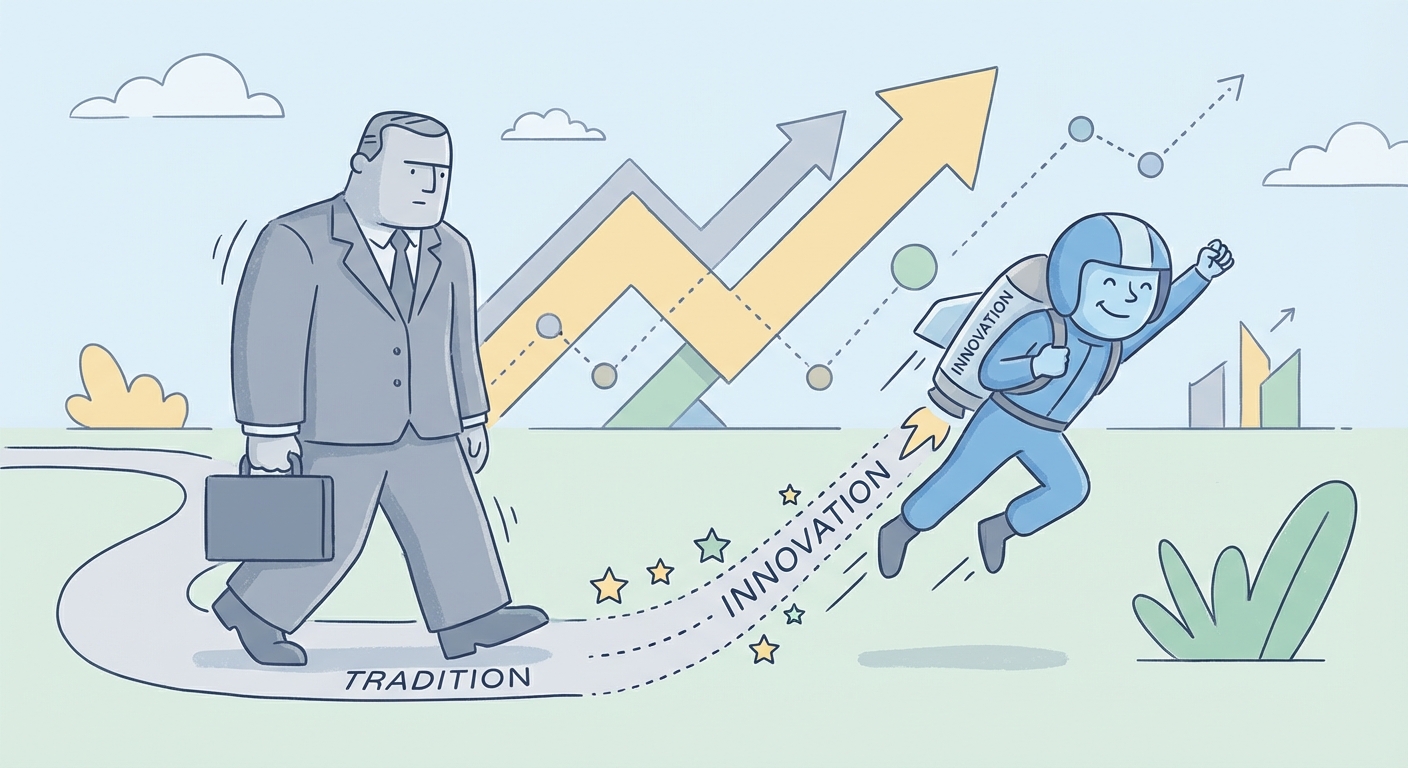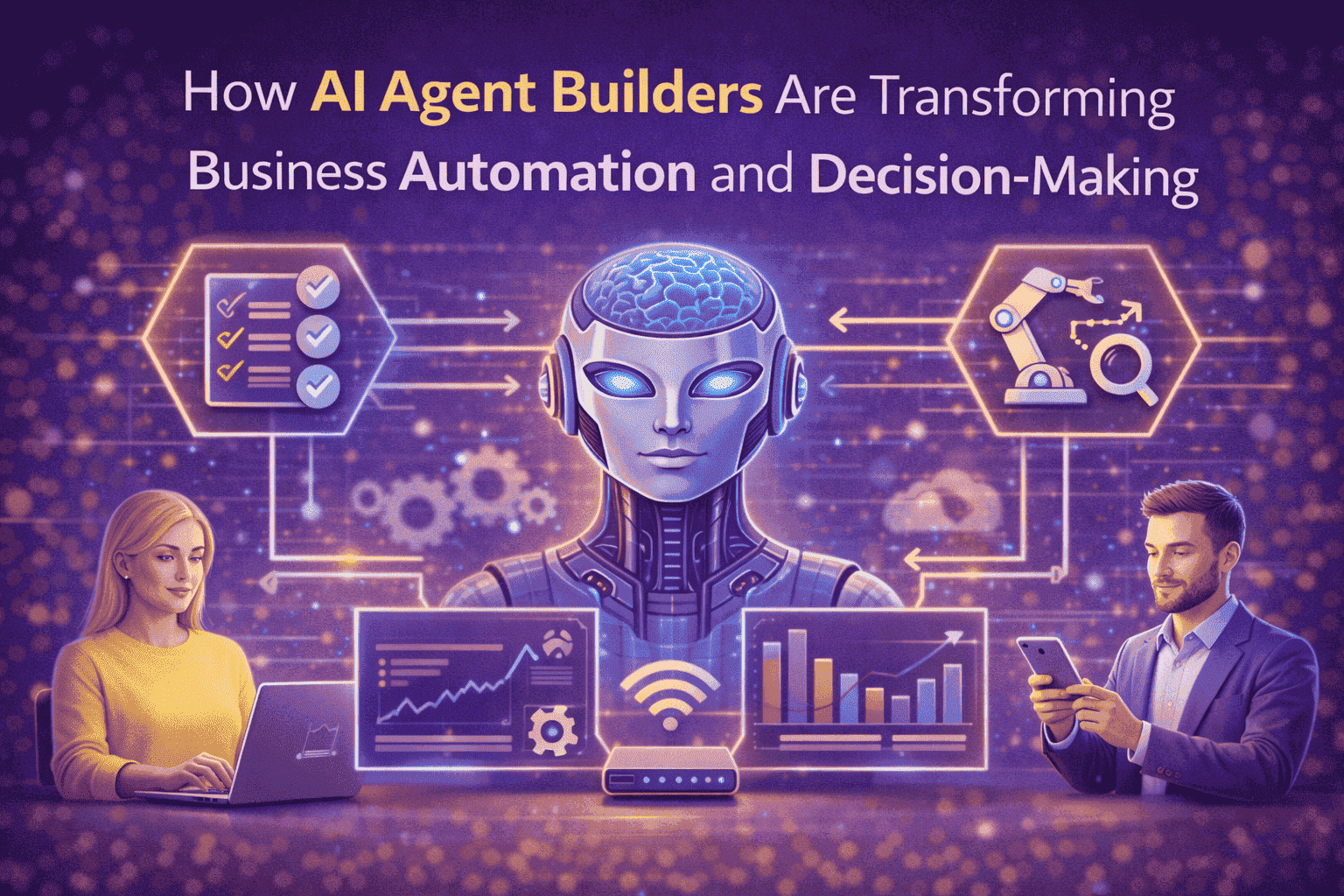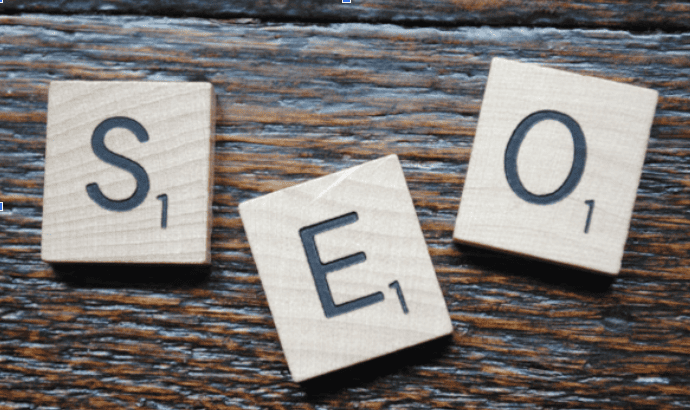How AI is Redefining Content Marketing for SaaS Companies
The marketing landscape for Software-as-a-Service (SaaS) companies is undergoing rapid transformation. Artificial Intelligence has emerged as a driving force behind this evolution, reshaping how brands communicate, create, and connect with their audiences. SaaS businesses thrive on agility and innovation, and AI fits perfectly into this environment by allowing teams to scale their efforts, personalize customer experiences, and automate previously time-consuming tasks. What was once a manual and intuition-driven field is now being guided by data-driven insights and intelligent tools capable of generating impactful results.
AI is no longer an experimental technology limited to large corporations with hefty budgets. Its applications in marketing are practical, accessible, and powerful enough for SaaS startups and enterprises alike. From predictive analytics to creative automation, AI technologies are giving marketing teams unprecedented control over every stage of the customer journey.

AI and the Rise of Intelligent Creativity
Artificial Intelligence has introduced a new dimension to creativity, particularly through its ability to generate images, videos, and written content that resonate with audiences. Visual storytelling, once limited by human bandwidth, is now supported by machine-generated art that maintains aesthetic appeal and originality. SaaS brands are using AI-driven visuals to enrich their websites, social media channels, and digital campaigns with engaging imagery that captures attention and reinforces brand identity. Marketers have discovered ways to create AI-generated art for free at FreeGen.app, for instance, integrating stunning visuals into their campaigns without the need for professional designers. This technology empowers teams to produce unique assets on demand, aligning brand visuals with campaign goals within minutes. The fusion of data-driven insight and artistic automation allows SaaS companies to maintain a consistent visual language across digital touchpoints while freeing creative teams to focus on strategy and storytelling.
AI-generated art exemplifies how creativity and technology can coexist productively. It provides SaaS marketers with an accessible path to experimentation, enabling them to test different visual directions without committing significant resources. The ability to instantly produce content that aligns with brand values and audience expectations represents a major leap in how companies approach digital design and content creation.
Data-Driven Personalization at Scale
SaaS companies thrive on understanding user behavior. The integration of AI into marketing workflows enables businesses to craft messages that resonate with specific customer segments. Predictive algorithms can analyze behavioral data, purchase histories, and engagement metrics to anticipate user needs and tailor content accordingly.
Personalization once required extensive manual segmentation, but AI automates that process by continually learning from customer interactions. Email campaigns, landing pages, and onboarding experiences can now adapt dynamically based on each visitor’s preferences. This makes communication more relevant and increases conversion rates. For SaaS businesses offering subscription-based products, this means higher retention, deeper engagement, and stronger customer relationships.
Through natural language processing, AI can assess sentiment and tone, allowing brands to fine-tune their messages. A customer reading a case study or product announcement receives content that feels personally crafted for them. Such precision in communication creates a stronger bond between user and brand, helping SaaS companies build long-term trust.
Content Automation and Workflow Efficiency
AI’s influence extends beyond creativity and personalization; it transforms the operational side of content marketing. Managing blogs, newsletters, ad copy, and SEO can consume significant time, yet AI tools streamline these efforts through automation. SaaS marketers can schedule, generate, and distribute content with minimal manual oversight while maintaining quality and consistency.
Automated systems powered by AI not only produce content but also analyze its performance. They identify which articles or social media posts resonate most with audiences and suggest optimizations. This closed feedback loop helps teams refine strategies without constant trial and error. AI writing assistants and generative models allow marketing teams to maintain a steady flow of ideas, headlines, and narratives aligned with brand guidelines.
Time once spent editing or performing repetitive tasks can now be redirected toward planning and creative problem-solving. For SaaS companies operating in competitive markets, this efficiency translates into faster campaign rollouts and better resource allocation. The integration of AI-driven content management systems brings structure and predictability to what used to be a fragmented and labor-intensive process.
Predictive Analytics and Smarter Decision-Making

Data is the lifeblood of SaaS businesses, and AI provides the analytical capabilities to turn raw data into actionable insights. Predictive analytics enables marketers to forecast trends, evaluate customer lifetime value, and identify churn risks. Instead of reacting to performance reports after campaigns conclude, AI allows teams to act proactively.
Machine learning models interpret massive data sets in real time, uncovering hidden correlations between marketing actions and customer responses. These insights empower SaaS marketers to allocate budgets more efficiently and adjust campaigns midstream for better outcomes. For instance, AI can detect when a certain keyword or campaign is underperforming and recommend alternative approaches.
Another advantage lies in AI’s ability to model customer journeys. By mapping interactions across touchpoints, AI highlights where users disengage and where they convert most frequently. This clarity gives marketing teams the confidence to make data-backed decisions. Rather than guessing which strategies might work, they rely on predictive modeling to prioritize initiatives that drive measurable growth.
AI-Powered Customer Support and Engagement
Customer support plays a critical role in the SaaS experience, and AI-driven chatbots and virtual assistants are redefining how companies interact with their users. These tools provide instant, accurate responses to inquiries, reducing wait times and increasing satisfaction. Natural language understanding enables AI systems to handle a wide range of questions, from billing concerns to product troubleshooting. Moreover, an auto dialer can boost customer support efficiency by automatically connecting agents to users, reducing wait times, and ensuring timely follow-ups for a smoother SaaS experience.
AI-powered support systems operate continuously, giving SaaS businesses the ability to assist customers across time zones without additional staffing. When integrated with marketing automation platforms, these tools also nurture leads by guiding visitors through product features, trial signups, and onboarding materials. This seamless interaction transforms customer support into a powerful marketing extension.
Beyond immediate assistance, AI analyzes support conversations to identify recurring pain points. These insights inform product development companies and content creation, ensuring that marketing materials address real user concerns. By turning support data into strategic intelligence, SaaS companies close the loop between customer service and marketing effectiveness.
Ethical Considerations and the Human Element
As AI becomes more integrated into marketing, ethical considerations take center stage. Transparency, authenticity, and data privacy are core concerns for SaaS brands relying on AI systems. Users expect to understand how their data is used and how content is generated. Maintaining honesty in AI-assisted communication helps protect brand credibility and user trust.
Marketers must balance automation with human oversight. Although AI can generate persuasive content and personalized experiences, human input remains vital to shaping brand tone and creative direction. Machines can replicate patterns, but emotional resonance still depends on human understanding. SaaS marketers who combine algorithmic precision with empathy-driven storytelling stand out in competitive markets.
Ethical use of AI extends to respecting intellectual property in AI-generated content. Ensuring that visual and textual assets are used responsibly safeguards both brand reputation and creative integrity. Responsible AI marketing means leveraging technology as a collaborative tool, not a replacement for human imagination.
Integrating AI Across the Marketing Ecosystem
AI is no longer confined to isolated marketing tools or one-time campaigns. Its true potential emerges when it becomes part of a connected ecosystem where every function communicates seamlessly. SaaS companies gain a significant advantage when AI integrates across departments, linking marketing automation, analytics, product development, and customer relationship management into a unified structure. This integration allows data to move freely between systems, eliminating silos and creating a continuous loop of insight and optimization.
When customer data flows through interconnected AI platforms, marketing teams can better understand user intent, track engagement patterns, and deliver contextually relevant messages at the right time. An AI system analyzing product usage data, for instance, can trigger personalized recommendations or prompt customer success teams to engage users showing signs of disengagement. The result is a marketing engine that responds dynamically to real-world behaviors rather than relying on static assumptions or outdated metrics.
This ecosystem approach extends to content production and delivery. AI tools that generate written or visual materials can sync with distribution platforms to automatically post at optimal times, track audience reactions, and adjust messaging strategies accordingly. These automated feedback loops minimize waste and maximize performance without requiring constant manual intervention. The interconnected framework also makes collaboration between marketing, sales, and product teams smoother, ensuring that messaging remains aligned across every stage of the customer journey.
A connected AI-driven ecosystem transforms decision-making from reactive to predictive. Marketers can anticipate user needs, allocate budgets more efficiently, and coordinate campaigns across multiple channels with consistent accuracy. Instead of each tool operating in isolation, AI integration allows SaaS marketers to view every campaign as part of a living system - one that learns, adapts, and evolves alongside the audience.
Artificial Intelligence has become a cornerstone of modern content marketing for SaaS companies. Its influence spans creative generation, personalization, automation, analytics, and customer engagement. By integrating AI tools into their workflows, SaaS marketers gain new levels of efficiency and insight, allowing them to connect with audiences more authentically and effectively.
From producing AI-generated art to predicting market shifts, these technologies are expanding the creative and strategic horizons of digital marketing. The synergy between human creativity and machine intelligence is redefining what it means to communicate in the SaaS industry. AI offers not just speed or convenience but a deeper alignment between brand goals and user experiences. The future of SaaS marketing lies in this partnership, where technology supports imagination and insight shapes innovation.





